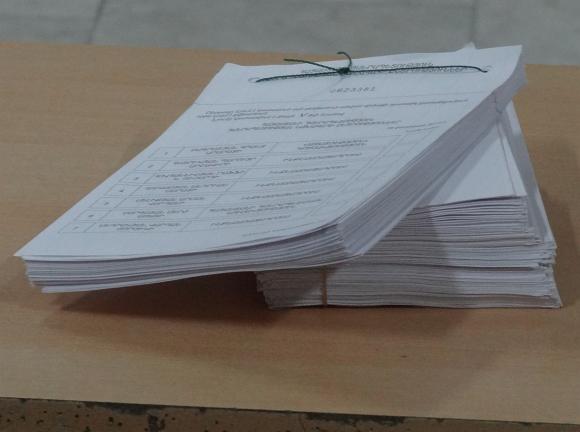Lene Wetteland, NHCs Armenia-advisor is following events in Vanadzor, and has also had a string of meetings in the capital Yerevan. In the framework of European Platform for Democratic Elections (EPDE) she teamed up with Golos’ Lilia Shibanova (Russia), NHCs 2012 Sakharov Freedom Award recipient, Stefanie Schiffer from European Exchange (Germany) and with local partner Helsinki Citizens’ Assembly Vanadzor. A joint statement will be published on 19 February.
The low key campaign includes one candidate who has been on hunger strike for a month since his appeal to deem the ruling party’s bribing practice illegal and unconstitutional was rejected. Another candidate is still in hospital after an assassination attempt on 31 January, after which he decided to not make use of the possibility to apply for a two-week postponement of the elections in case of “insurmountable obstacles”.
Several international and domestic observers are present at the polling stations, whereas many of the parties do not take advantage of the opportunity to have proxies present and even seated at the precinct election commissions.
The elections are the first since the tragic events following the 2008 Presidential elections, where Sargsyan allegedly won the first round and 10 people were killed in the demonstrations that followed. Critics are saying that the current elections are little more than Sargsyan’s chance to legitimize his position.
A new electoral code has been in place since May 2011, addressing many of the recommendations the ODIHR and Venice Commission put forward after the previous elections. However, there is still concern with the high number of voters on the voters’ lists in a country where all other demographic graphs are declining, and whether the Republican Party’s extensive campaign amounts to misuse of administrative resources.
The main concern, however, is the lack of trust in the population towards the elections. In Yerevan the days before the elections one phrase became common; “We were not given any money this year, so we do not know who to vote for…”
